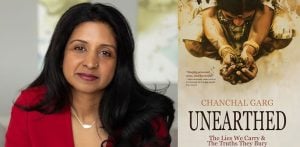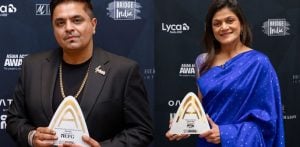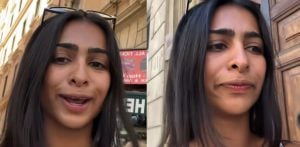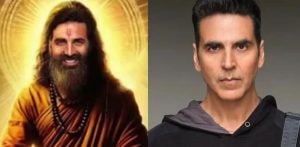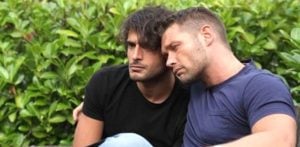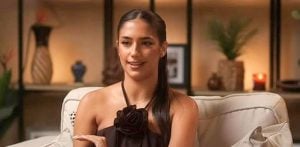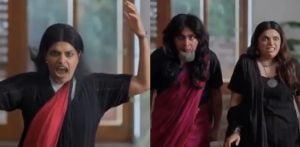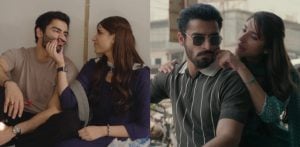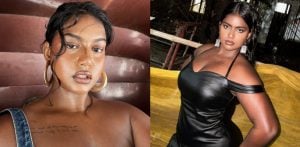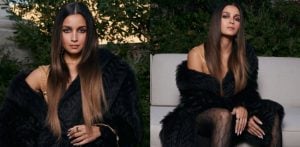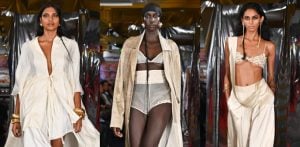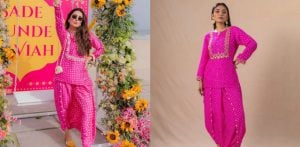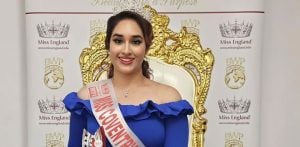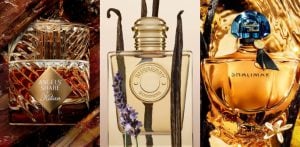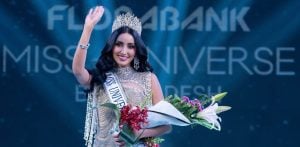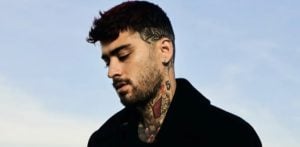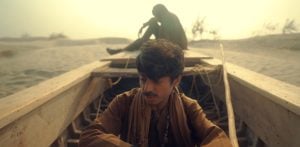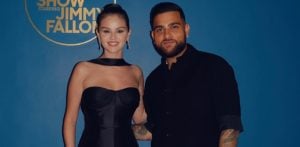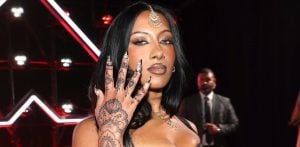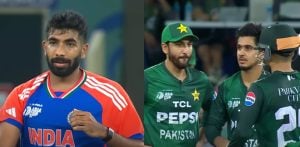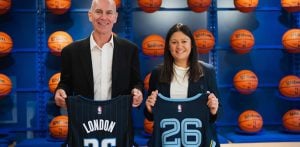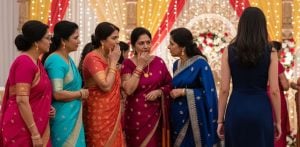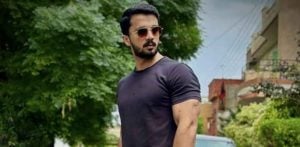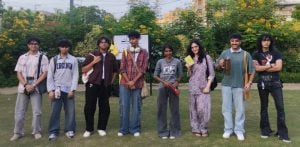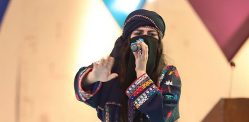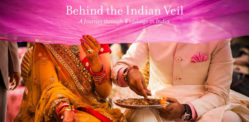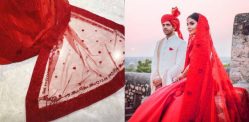"It cannot cover or take away the talent I have"
Pakistan’s rap music scene has seen a steady rise in recent years, with a growing number of artists emerging and making their mark on the industry, one of them being Eva B.
Since her breakout on Coke Studio, the artist has been donned the “first Pakistani female rapper” in the country.
And, whilst there are other female musicians within the genre, Eva B is perhaps the first one to be recognised on a global scale.
Despite the cultural sensitivities that have presented challenges for the growth of rap music in Pakistan, young artists have managed to find their voice.
Eva B’s music reflects her personal experiences and struggles, with themes that often address political corruption, social inequality, and poverty.
Her lyrics are delivered in a powerful and rhythmic manner, in a combination of Urdu and English.
One of the key factors that have helped to drive the growth of Eva’s music are digital platforms that allow her to distribute her music independently.
However, one of the most captivating elements of the rapper is her niqab. Her signature look has caught global attention as a veil-wearing rapper is rare in the music industry.
DESIblitz takes a closer look at the superstar and examines how she is shattering barriers.
The Start of Something Special
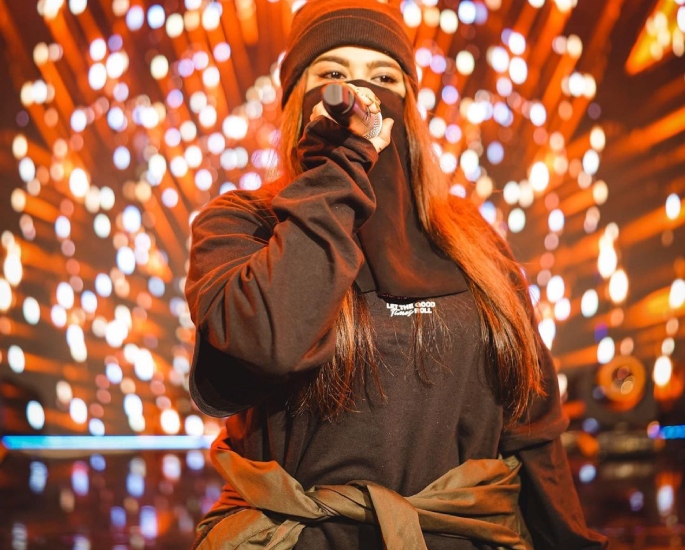
Eva B comes from Lyari, a neighbourhood in Karachi, Pakistan, that is known for its poverty and gang-related violence.
Lyari is largely made up of Balochi people and for decades, it was considered one of the most dangerous areas in the country.
But, it quickly became a boiling pot of modern artists all looking to tell their stories through rap.
Whilst an increase in security has attracted many tourists and created a blossoming community in Lyari, Eva’s identity is an ode to her roots.
Even before listening to her music, her name embodies the values she stands for.
“Eva B” is actually a pseudonym in tribute to the first woman on earth, Eve. Similarly, the musician is the first of her kind.
Secondly, the added “B” pays homage to her Baloch ethnicity. But, how did the tough lady from a once deprived area start in music?
Her career started randomly in 2014 when she received a computer with a folder full of Eminem and Queen Latifah songs.
Eva loved the style, grittiness, and rhythm of the tracks, but there was one issue – she didn’t know what genre she was listening to. So, she asked her friends who replied:
“It is rap, and you have to write your lyrics and sing.”
Teaching herself the basics of rap music using the internet, Eva B started to write lyrics in her bedroom and would post them on Facebook.
It was here where she gained a following but had to keep things hushed out of fear of angering her family.
Eva’s brother was her main concern as women generally had to stick to certain duties within the culture. Venturing out of those restrictions would be risky as Eva highlights:
“I would have to lie to my brother if I had to go for recordings. I would say I was going to university.
“Even when I had to rehearse for ‘Kana Yaari’ in Coke Studio, I lied back home about having to attend a friend’s wedding.
“I would ask everyone to schedule me before nightfall so I could make an excuse at home more easily.”
Unfortunately, the news did break out about Eva’s rapping and whilst her mother was supportive, her brother said it was inappropriate.
According to the artist, her brother’s friends would tease him every time she uploaded a freestyle to YouTube. As a result, arguments would break out in the house and she states:
“Neighbours would come and listen as my brother scolded and fought me.”
Therefore, Eva B stopped her ambitions between 2015 and 2019. However, she kept writing new bars with new material:
“I was burning inside and writing about societal restrictions on girls, on Lyari and more.
“Through my rap I wanted people to hear my story and the story of women in Lyari.
“I come from a place where only a few girls got to work and my society doesn’t consider a girl who raps to be respectable – I wanted to challenge that.”
With Eva’s persistence and her family’s realisation that she wouldn’t stop, her brother stopped disapproving.
She quickly became known as “Gully Girl” in the surrounding communities.
The famous name takes after the 2019 Bollywood movie, Gully Boy, which tells the story of a boy from the Mumbai ghetto who dreams of making it as a big rapper.
Under the Veil
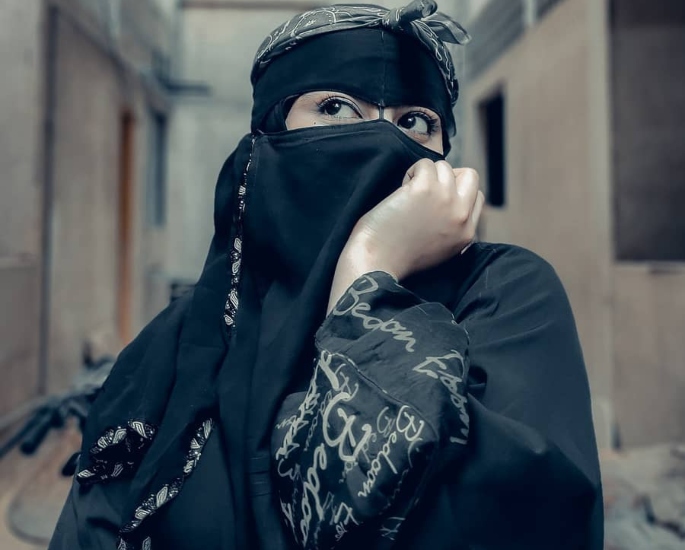
There’s no question that Eva B presents such a love for rap music and her silky lyrics are something to behold as she tries to increase her reach.
But perhaps the one element that grabbed the most attention and still astounds the music industry is Eva’s niqab – a veil that covers the head and face.
As a female rapper, someone who “looks” like Eva B is barely seen in music, let alone the rap genre.
That’s why many have coined her as not only the “first female rapper from Pakistan” but also the “first veil-wearing female rapper”.
Whilst it was the artist’s brother who told her to wear it if she wanted to rap, she admits it was her final decision.
It has become a part of her personality and identity as a musician and she jokingly admits that there are upsides to having her face hidden:
“I don’t feel comfortable or can’t perform well if I don’t wear it.”
“The veil just covers my face; it cannot cover or take away the talent I have.
“It’s funny that people don’t recognise me, they play my songs but when I’m in front of them they don’t know it’s me.”
However, it hasn’t been easy for the young starlet to get the same opportunities as her competition.
Whilst the Pakistani public understands her appearance, mainstream pop culture is often left astonished at how she looks.
Turning up to the studios, Eva explains:
“They reacted like ‘what is this?’.”
This surprise can relate to the lack of veiled artists in the music industry. It also hints at the stereotype that South Asians, especially women, aren’t allowed to pursue music as a career.
On the flip side, there is still some outcry from the Pakistani community who think a female rapper in a niqab or cultural wear is not a “good girl” and is “disobedient”.
But, Eva B is focusing on the positive side of her being true to her faith and culture.
She maintains that she gets a stream of Instagram messages from girls around the world who are thrilled to see a woman representing the hijab/niqab in the media:
“There is nothing harmful in what I am doing, I openly sing songs and there is nothing bad in that.
“I feel happy that I inspire girls and that they feel proud of me.
“These days I wear more stylish clothes for the music videos so I stand out. But even then I always wear my hijab.”
Eva B’s unique style and image as a niqab-wearing female rapper have not only helped her stand out in the music industry but also inspired girls around the world to be proud of their faith and culture.
It shows that there is much more beyond the veil.
A New Rapper is Born
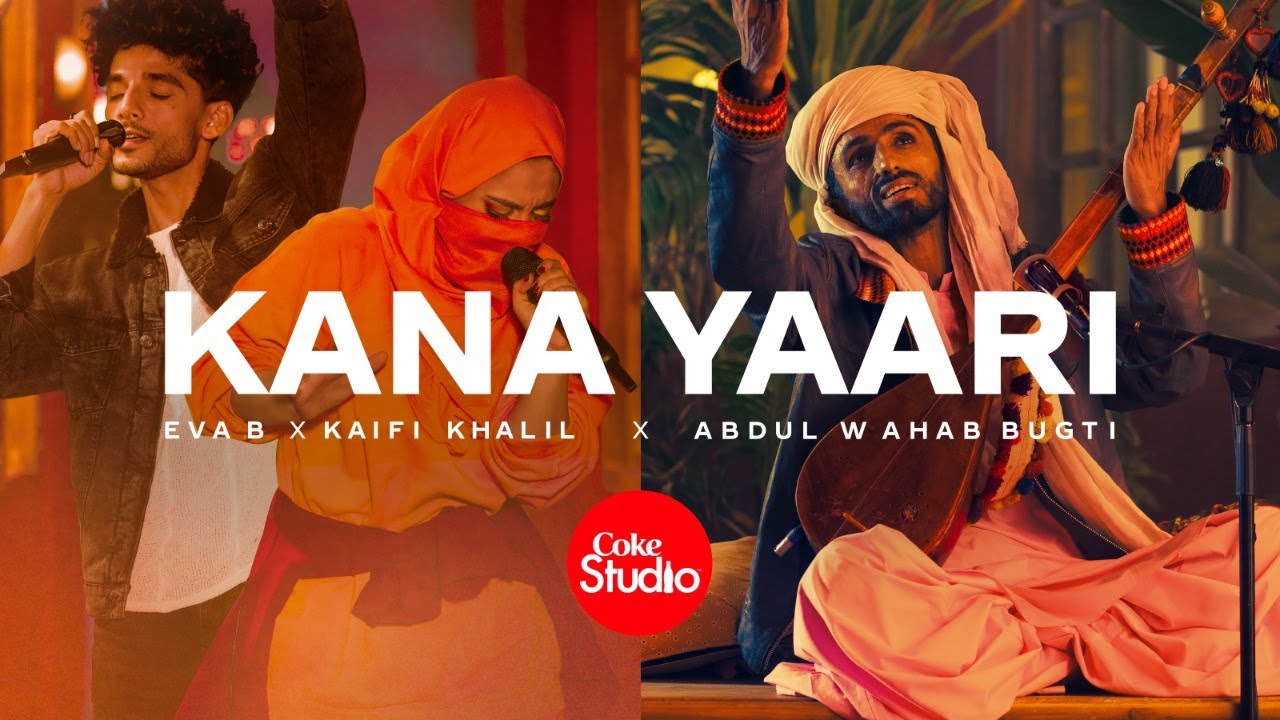
Whilst the release of ‘Gully Girls’ in 2019 put Eva B onto the Pakistani radar, her big international break came at 22 years old when a producer for Coke Studio called her.
Coke Studio is one of the biggest showcases of musical talent in Pakistan and South Asia and has been running since 2008.
It’s a series of studio-recorded music performances from established and emerging artists and has featured the likes of Atif Aslam, Gurdas Maan, Farida Khanum and Rahat Fateh Ali Khan.
Recalling the experience, Eva states:
“Since I didn’t get as many calls as I get now, I picked it up.
“He introduced himself and asked me if I would like to sing for the franchise – I said who does not want to work with Coke Studio?”
Working with Kaifi Khalil and Wahab Bugti, the trio made the track ‘Kana Yaari’.
The song went viral immediately and became the top trending YouTube video in Pakistan upon it’s release. After three days, the video already reached over 3.2 million views.
‘Kana Yaari’ fuses together pop and South Asian sounds, bringing in traditional and modern instruments.
Whilst Kaifi and Wahab do brilliantly, it’s clear Eva steals the show.
Not only are her lyrics true to the song’s theme, but the way her voice glides across the beat makes your head nod in approval. And it seems many fans agree.
Over 30,000 comments have been left on the video, with one listener saying:
“The way Eva comes into the song is nothing short of beautiful.”
“One can be a rapper without unnecessary showoff. Hats off to this girl, respect from India and keep shining.”
Eva B returned to Coke Studio later that year to team up with Karakoram for ‘A Kind of Magic’.
This time, the rapper had a more energetic delivery and displayed the versatility she has with her music style.
Given the success of her previous songs like ‘Qalam Bolega’, ‘Mukhtasir Baatein’ and ‘Fly High’, it’s no surprise how successful her Coke Studio performances were.
Eva has such versatility that she can produce songs that range from 90s hip hop to American trap.
Her cadence is unapologetic and there are always messages behind her lyrics, using symbolism and imagery to share her stories.
But, surely the most rewarding and important success of Eva B’s career so far has been the inclusion of her track ‘Rozi’ in the Disney+ series, Ms. Marvel.
The song was produced and co-written by Gingger Shankar and was played during the ending credits of the first episode.
In a press statement, Shankar said:
“The track is done in Urdu, which for a mainstream Marvel series to do is fantastic.
“I’ve always been a fan of Marvel, but if you had told me five years ago that we would be doing an Urdu hip-hop track with Pakistani and Indian influences for a Pakistani female superhero, I wouldn’t have believed it!
“‘Rozi’ is an anthem for women’s empowerment and Eva B delivers.
“Eva and I worked on it through the pandemic between Los Angeles and Pakistan and are thrilled for folks to see its debut on Ms. Marvel.”
The moment went viral and Eva B, amongst other South Asians, was ecstatic at the impact this would have on young viewers.
Despite facing significant social and cultural obstacles, Eva B has created a space for herself in a male-dominated industry.
She’s using her voice to make a difference and inspire a new generation of women to pursue their dreams and challenge the status quo.
As Pakistan’s rap music scene continues to evolve, it is clear that women will play a crucial role in shaping its future. Eva B is proof of that.
Her unique perspectives, trailblazing accomplishments and powerful voice have made a significant contribution to Pakistan’s cultural and musical landscape.



